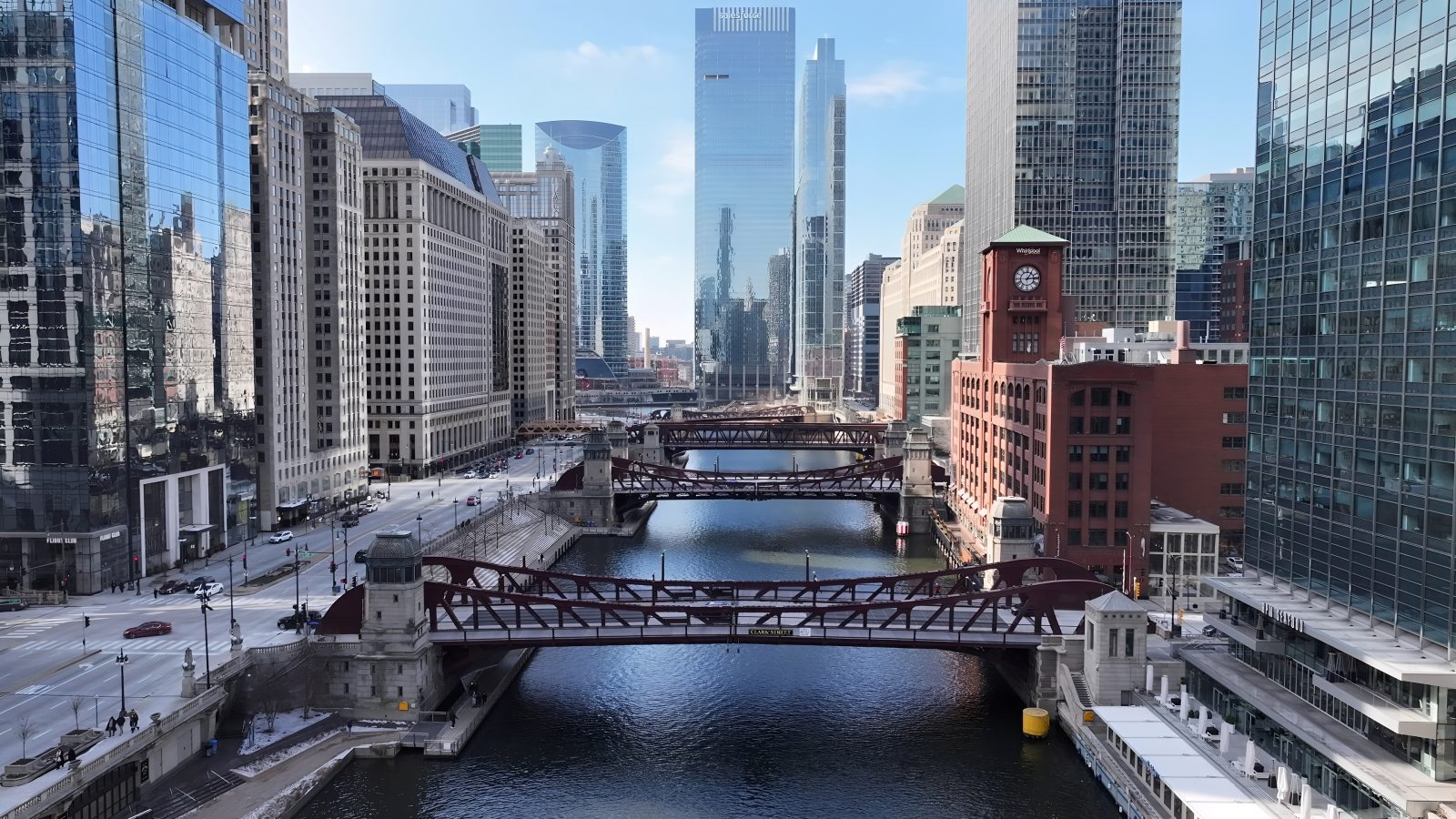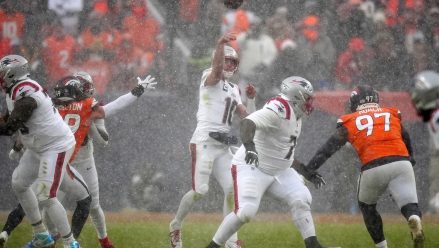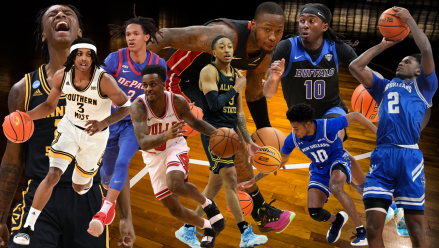The Illinois Gaming Board (IGB) is the latest state regulator to warn sportsbook operators that their licenses may be at risk if they get involved with prediction markets.
IGB administrator Marcus D. Fruchter sent a letter Thursday to all “licensees, applicants, and stakeholders” in the state gaming market, which he said followed “recent inquiries” into the subject of prediction markets.
20251023-igb-memorandum-on-prediction-marketsThe letter noted that the IGB views bets on sports or non-sporting events like elections as gambling under Illinois law.
“Prediction markets’ constitute gambling activity under Illinois law,” reads the letter. “Parties that participate in or facilitate such activity in Illinois without IGB licensure or authorization are engaged in illegal gambling.
“If a party engages in or facilitates illegal gambling activity, such conduct may impact that party’s suitability for licensure.”
Offerings in other states could affect license
The letter went further than just addressing operators that offer event contracts in Illinois. Like cease-and-desist letter sent by authorities in New York, Nevada, and other states, it added that “if a party engages in or facilitates activity in violation of the gaming laws of another state or tribal government, such conduct may likewise impact that party’s suitability for licensure in Illinois.”
That would mean that an operator’s sportsbook license could be at risk even if they only offer event contracts in states where sports betting is illegal, or where access to the market is limited. FanDuel is a licensed sportsbook in Illinois, and in August, it announced that it would launch a prediction market in partnership with commodities trading giant CME. At least at first, the product will focus on hour-long markets related to financial indicators like the S&P 500, but FanDuel hasn’t ruled out getting involved with sports event contracts further down the line.
The letter also noted that “suitability for Illinois licensure may be impacted by the extent to which a party is partnering or associating with another party that is engaged in activity in violation of the gaming laws or rules of another state or tribal government.”
That statement — if strictly enforced — could mean that sportsbook licensees may not be able to offer prediction markets in any states if they do so in partnership with a designated contract market (DCM) that offers the contracts nationwide. That could mean that FanDuel’s involvement with CME — even if FanDuel doesn’t offer sports event contracts in Illinois or anywhere else — could put it at risk.
Kalshi has argued that all DCMs must offer all of their contracts in every state, due to a requirement from the Commodity Futures Trading Commission (CFTC) to offer “impartial access.”
However, recent events in Nevada may test whether this is truly required. Following a court ruling earlier this month, Crypto.com is preparing to take down its sports event contracts Nov. 3 in Nevada. Due to the government shutdown, the CFTC may not be equipped at this point to determine whether or not Crypto.com following the directive violates the “impartial access” rule.
If DCMs are required to offer their contracts across the entire U.S., then as long as even one state determines them to be illegal, Illinois sportsbook licensees would not be able to partner with any DCM.
Other states have issued similar warnings
Illinois is the latest state in which operators have been warned not to get involved with prediction markets.
In August, Ohio’s Casino Control Commission sent a letter to licensees on sports event contracts. Like the Illinois letter, it warned sportsbooks that just partnering with a company offering sports event contracts in Ohio, even if the sportsbook itself did not do so, could put a license at risk.
In September, Arizona’s Department of Gaming gave a similar warning to operators. Earlier this month, Pennsylvania’s Gaming Control Board Executive Director Kevin O’Toole has sent a letter to the state’s congressional representatives in the House and Senate about sports betting prediction markets and the “significant threat” they pose to the state’s gaming marketplace.
However, the Illinois letter appears to go further than these previous warnings, by specifically noting that prediction market bets on events other than sports could still be illegal gambling.
Some books consider prediction markets
The letter comes as major sports betting operators take steps to get involved with the world of prediction markets.
Last week, DraftKings, an Illinois licensee, announced that it had acquired Railbird, which is already registered as a DCM. Having closed the acquisition, DraftKings said it planned to launch a prediction market offering named DraftKings Predictions later this year. In a press release, the sports betting giant said DraftKings Predictions “will allow customers to trade regulated event contracts on real-world outcomes across finance, culture, and entertainment.”
However, it added that “its offering may expand into additional categories over time, deepening customer engagement and extending DraftKings’ addressable audience,” which appears to be a reference to the idea that sports may eventually be added.
Underdog, for example, offers sports event contracts in 16 states through a partnership with Crypto.com, but does not offer them in Illinois. Underdog does not have a sports betting license in Illinois.
Illinois sportsbook tax hikes
Recent tax hikes have made Illinois one of the most expensive states for a sportsbook operator to do business.
The state brought in a progressive tax on wagering revenue in 2024, taxing the largest operators at 40%, followed by a per-wager fee — starting at $0.25 per bet but rising to $0.50 after the first 20 million wagers in a year — that went into effect in July.
Combined, the new taxes mean that the largest sportsbook operators in the state are likely to pay marginal tax rates above 50%.
The tax rate could get even higher if the city of Chicago is able to introduce its own 10.25% tax on sports betting revenue generated in the city, or impose its own per-wager tax.
Even before any sportsbooks got involved with prediction markets, the tax situation led to questions about whether any operators would consider exiting Illinois.
As a result, sportsbooks may be more willing to risk their Illinois’ licenses for the right to offer prediction markets than they would be to risk licenses in other states.







